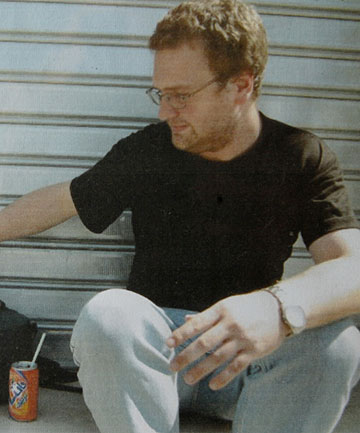Index relies entirely on the support of donors and readers to do its work.
Help us keep amplifying censored voices today.
Suhail TV cameraman Ahmad Firas was arrested by soldiers from Daylami airbase in Yemen on the afternoon of 12 August as he was driving towards Sanaa with his wife and children, who were released a few hours later. The soldiers, who seized his equipment, gave no reason for his arrest and are still holding him. In another case, several unidentified men tried to stab Mohamed Ayda, the Sanaa bureau chief of the US Arabic-language TV station Al-Hurra, on 10 August.
Yemeni security forces confiscated copies of Ahdath al-Madina, a local independent newspaper, on 7 August. Security forces seized the paper from newsstands in order to stop its distribution on the national level. Last April, security forces confiscated and publicly burned issues of the same paper, because of material deemed to be “detrimental to the president [Ali Abdullah Saleh]”. Yemen has had anti-regime protests since February. According to the Arabic Network for Human Rights Information (ANHRI), security forces regularly remove newspapers in order to suppress the public’s growing frustrations with President Saleh.
New Zealand journalist Glen Johnson has been released from custody in Yemen and was deported to Dubai earlier today, Index on Censorship has learned. Johnson, 28, was arrested in southern Yemen in late June. Yemen ranks at 170 out of 178 countries in the Reporters Without Borders 2010 Press Freedom Index.
 The arrest and detention of a Kiwi journalist lays bare the risks and calculations taken by foreign journalists in Yemen. Iona Craig reports from Sana’a
The arrest and detention of a Kiwi journalist lays bare the risks and calculations taken by foreign journalists in Yemen. Iona Craig reports from Sana’a